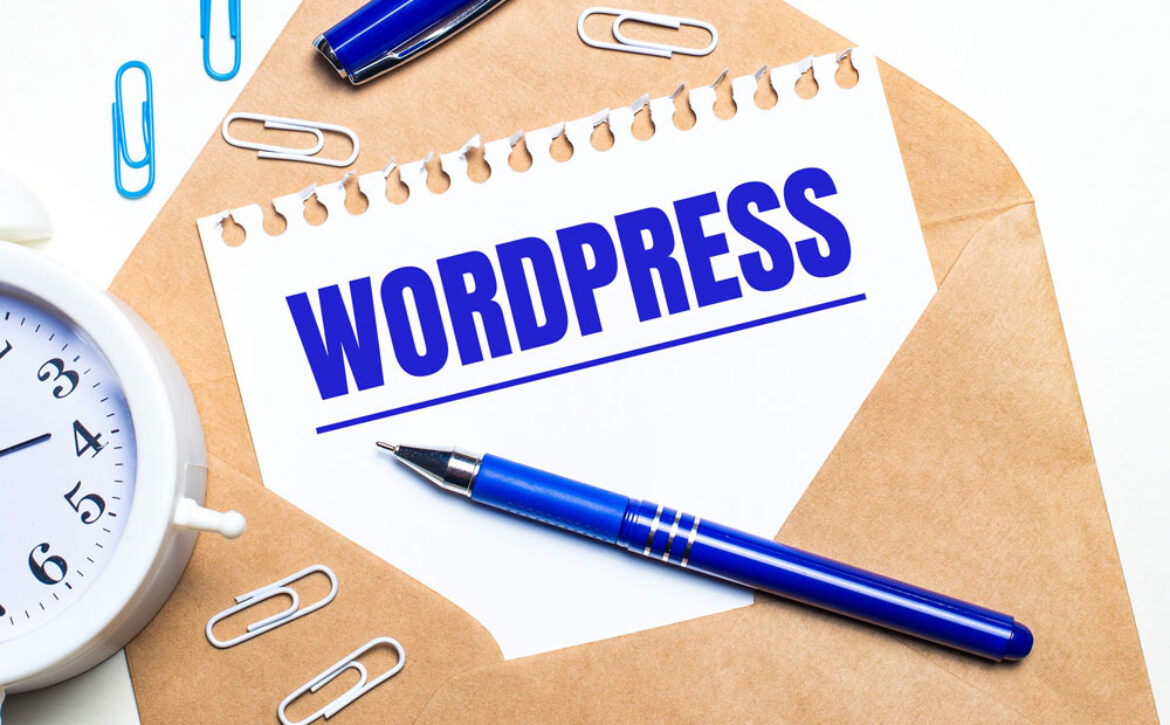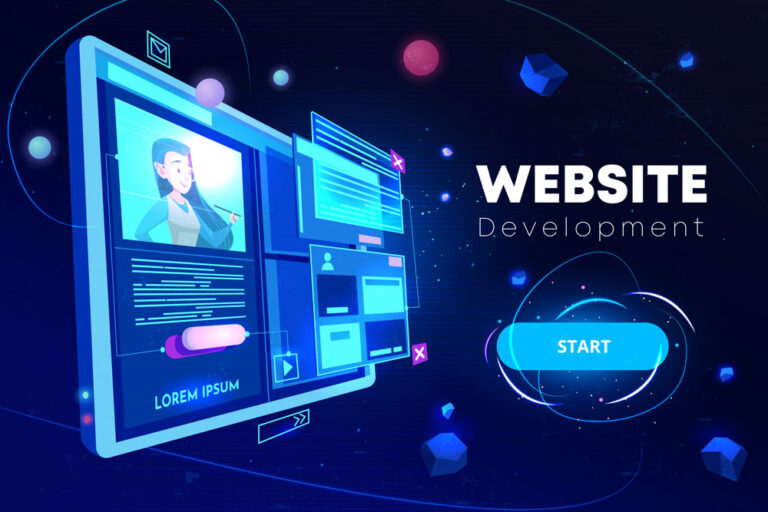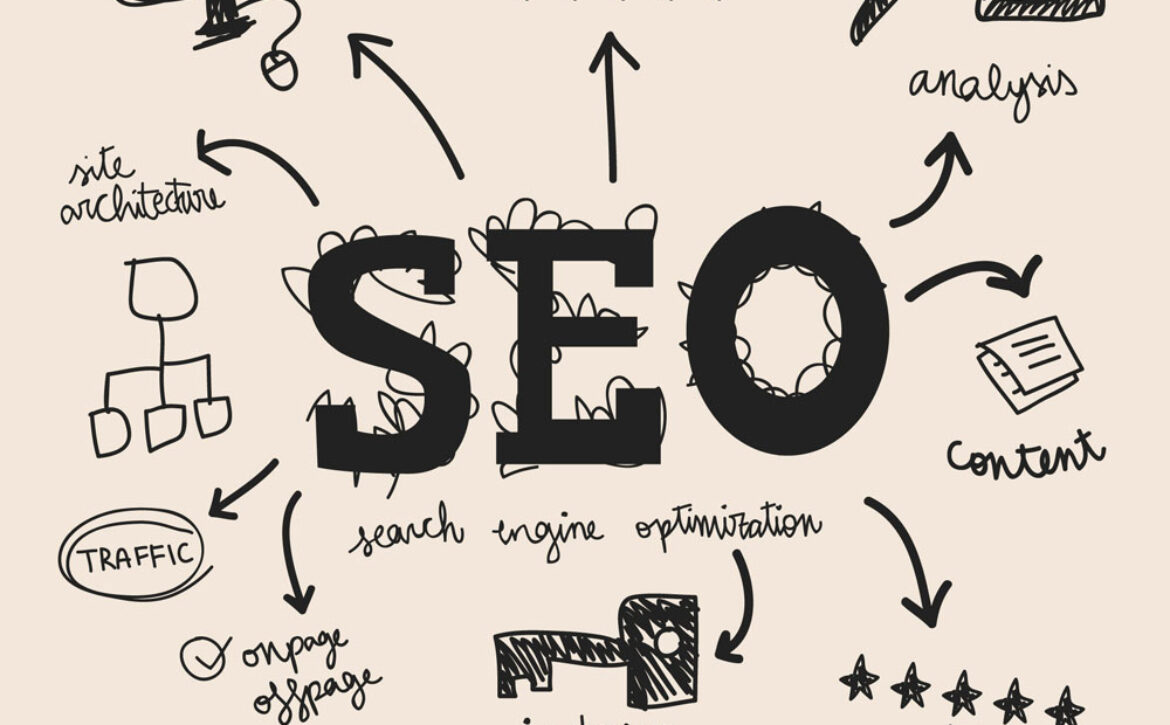
Exploring the Pros and Cons of WordPress
Exploring the Pros and Cons of WordPress: Making an Informed Decision
WordPress, the widely powerful and popular content management system (CMS), has become the go-to choice for millions of websites worldwide. Its array of features and benefits make it a versatile platform for individuals, businesses, and organizations. However, like any platform, WordPress has its fair share of advantages and disadvantages. In this article, we will delve into the pros and cons of using WordPress, empowering you to make an informed decision for your website needs.
Pros of WordPress
- Easy to Use and Customize: WordPress boasts a user-friendly interface that enables anyone to effortlessly create and manage a website. You don’t need coding knowledge, and with its intuitive dashboard, you can swiftly update content, add new pages, and customize your site’s appearance.
- Wide Range of Themes and Plugins: One of WordPress’s major advantages is its vast selection of themes and plugins. Themes facilitate quick changes to your website’s look and feel, while plugins enhance functionality. Whether you require a simple blog or a complex e-commerce site, there are themes and plugins available to meet your specific needs.
- Search Engine Friendly: WordPress is designed with search engine optimization (SEO) in mind. It generates clean and organized code, offers customizable permalinks, and features plugins like Yoast SEO to optimize your content. By implementing the right SEO practices, you can enhance your website’s visibility and rankings in search engine results.
- Community Support: With a large and active community of developers, designers, and users, WordPress enjoys ongoing improvement. You can seek support through forums, documentation, and online tutorials. Additionally, the community regularly releases updates, patches, and security fixes to ensure your website remains safe and up to date.
- Scalability: WordPress offers high scalability, allowing you to start with a small website and expand as your needs grow. Whether you want to add more pages, incorporate e-commerce functionality, or extend your site’s features, WordPress provides the flexibility and scalability required to meet your future requirements.
- Adaptable design and formatting: WordPress provides a variety of designed templates for its users. Using these templates, you can create a website or blog with a beautiful and professional design. Additionally, you can fully customize the templates to change the appearance of your website as you wish.
- Cost-Effective: WordPress itself is free and open-source, which means you can install, use, and modify it without incurring any licensing fees. While premium themes and plugins may have associated costs, the overall expenses of running a WordPress website are generally lower compared to custom-built solutions.
- Versatile Content Management System: WordPress is not limited to blogging; it serves as a comprehensive content management system. It allows you to create various types of content, such as static pages, blog posts, portfolios, and even e-commerce products. You can effectively organize and categorize your content, making navigation easy for visitors.
- Regular Updates and Security: WordPress prioritizes security and frequently releases updates to address vulnerabilities and enhance platform stability. Additionally, you can install security plugins, implement strong passwords, and follow best practices to further protect your website from potential threats.

Cons of WordPress
- Learning Curve: While WordPress is relatively easy to use, there is still a learning curve, especially for beginners. Familiarizing yourself with the various features, settings, and customization options may require some time. However, with practice and exploration, you can quickly become proficient in managing your WordPress website.
- Customization Limitations: While WordPress offers an extensive array of themes and plugins, there may be limitations when it comes to customizing your website’s design or functionality. Pre-built themes might not always align perfectly with your vision, potentially requiring additional customization through coding or hiring a developer.
- Security Vulnerabilities: As a popular platform, WordPress often becomes a target for hackers. Security vulnerabilities can arise from outdated themes, plugins, or weak passwords. However, by keeping your WordPress installation, themes, and plugins up to date, and adhering to recommended security practices, you can minimize the risk of security breaches.
- Plugin and Theme Compatibility: Given the abundance of plugins and themes available, compatibility issues can arise. Some plugins may conflict with each other or with the WordPress core, leading to functionality issues or site crashes. It is crucial to choose well-maintained and regularly updated plugins and themes to ensure compatibility and stability.
- Performance and Speed: Depending on the number of plugins and the complexity of your website’s design, WordPress sites can experience performance and speed issues. Large file sizes, excessive plugins, or poorly optimized themes can slow down your website. Nevertheless, employing optimization techniques such as caching and image compression can significantly improve your site’s performance.
- Dependency on Third-Party Providers: To extend the functionality of your WordPress website, you may need to rely on third-party providers for themes, plugins, and hosting. While this dependency provides a wider range of options, it also means you are reliant on external factors that may impact your site’s performance or availability.
- Maintenance and Updates: WordPress necessitates regular maintenance to ensure smooth operation. This includes updating plugins, themes, and the WordPress core itself. Neglecting to keep your website up to date can result in compatibility issues, security vulnerabilities, and potential downtime. Allocating time and resources for ongoing maintenance is crucial.

Conclusion
WordPress offers numerous advantages as a widely recognized content management system. It presents a user-friendly interface, a vast selection of themes and plugins, and a strong community support system. With its scalability, cost-effectiveness, and versatility, WordPress caters to a wide range of website needs. However, it is essential to consider the learning curve, customization limitations, and security vulnerabilities associated with WordPress. By understanding both the advantages and disadvantages, you can make an informed decision on whether WordPress is the right choice for your website.
In summary, WordPress presents a comprehensive solution for website creation and management. By weighing its advantages and disadvantages, you can determine whether WordPress aligns with your specific requirements and goals.
FAQ WordPress
Yes, WordPress offers various plugins such as WooCommerce that enable you to create and manage e-commerce websites effectively. You can showcase products, manage inventory, process payments, and provide a seamless shopping experience for your customers.
Yes, WordPress is beginner-friendly and does not require coding knowledge. With its intuitive interface and extensive documentation, beginners can quickly learn the basics of managing a WordPress website.
WordPress takes security seriously and regularly releases updates to address vulnerabilities. However, it is crucial to follow security best practices, such as using strong passwords, updating themes and plugins, and implementing security plugins, to enhance your website’s security.
Yes, it is possible to migrate an existing website to WordPress. However, the process may vary depending on the complexity of your current website and the platform it is built on. It is recommended to seek professional assistance or follow detailed migration guides to ensure a smooth transition.
Yes, WordPress can handle large-scale websites with the right optimization and hosting infrastructure. Many well-known brands and high-traffic websites rely on WordPress for their online presence. However, it is essential to consider factors like scalability, performance optimization, and security measures to ensure optimal performance at scale.




